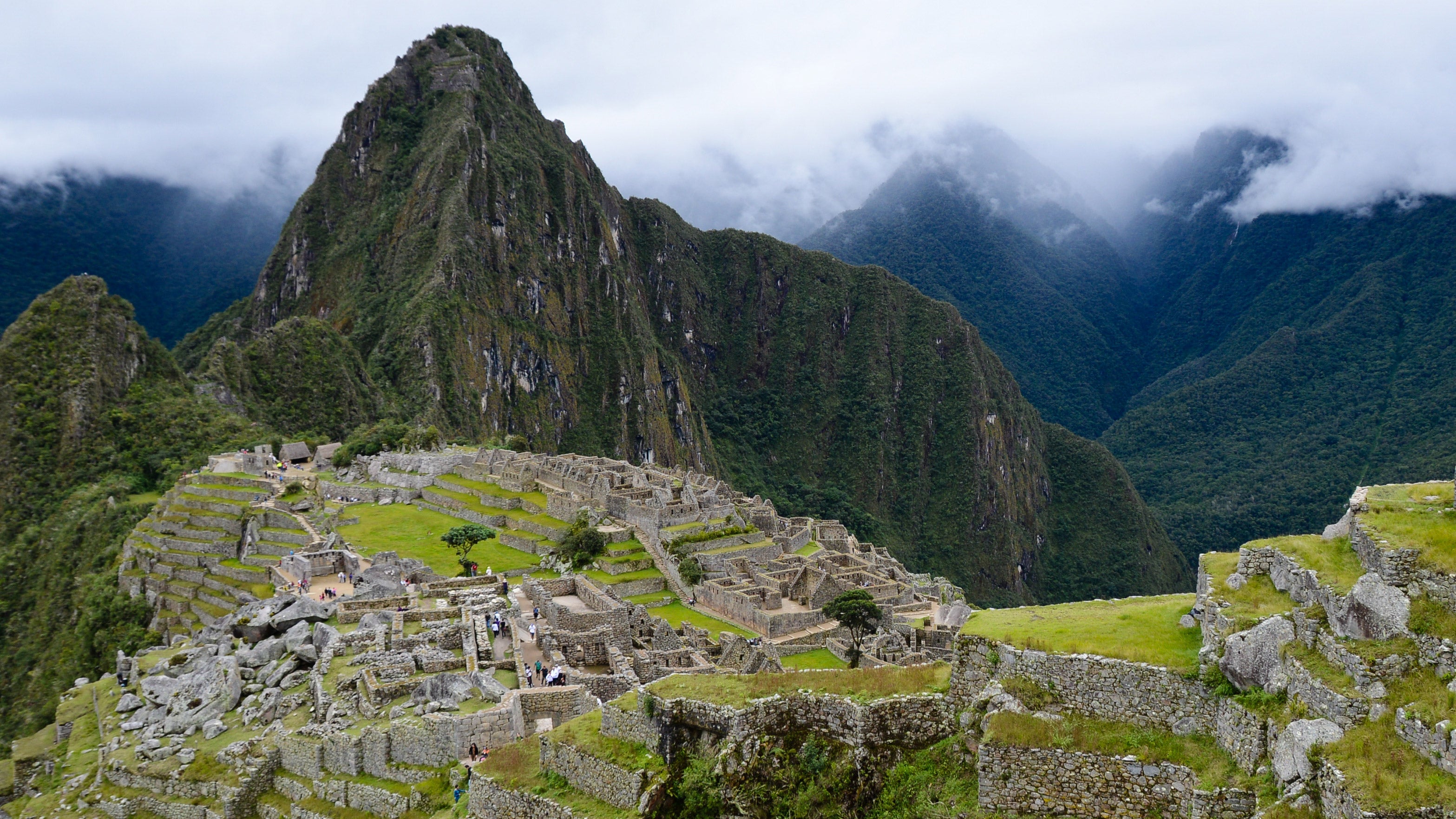Archeologists in Peru Protest New Airport Near Machu Picchu
More than 5,000 archeologists and other academics in Peru have signed a petition protesting the construction of an airport near the ancient Inca citadel, Machu Picchu.
The proposed location of the new airport is in the town of Chinchero: a small village halfway between Cuzco and Machu Picchu and considered to be the gateway to the Sacred Valley that leads to the UNESCO World Heritage site. According to Lonely Planet, construction on the airport was originally slated to begin in 2013, but after many delays, finally broke ground in January.
Related: The 7 Best Starter Credit Cards
Currently, most tourists who visit Machu Picchu fly into Cuzco's Alejandro Velasco Astete Airport (CUZ), which is about 46 miles from the archeological site and handles mostly regional flights from within Peru or neighboring countries. Visitors must then take a train or bus to the ancient ruins. The new airport, The Guardian reported, would allow tourists to fly directly to the Machu Picchu area from major cities in the US and around Latin America.
In the petition, archeologists are warning that the influx of tourists from the new airport could ruin Machu Picchu and cause, "irreparable damage to the culture of Peru and humanity."
"This is a built landscape; there are terraces and routes which were designed by the Incas," Natalia Majluf, a Peruvian art historian at Cambridge University who began the petition, told The Guardian. "Putting an airport here would destroy it."

Dr. Gabriela Ramos, a senior lecturer also at Cambridge, told Lonely Planet that there could be a "total collapse of the site" if the airport project proceeds. "The Sacred Valley is also one of the most beautiful and environmentally-rich sites in the southern Andes," she said. "The airport will destroy the whole Sacred Valley of the Incas by bringing a number of tourists the area cannot sustain."
In recent years, Machu Picchu has been battered by overtourism. More than 1.5 million people visited the ruins in 2017. The hoards of visitors forced officials to enact strict entry policies that require tourists to buy timed entry tickets that are only valid for one hour.
"I don't think there's any significant archeologist or historian working in the Cusco area that hasn't signed the petition," Majluf told The Guardian.
TPG featured card
at Capital One's secure site
Terms & restrictions apply. See rates & fees.
| 5X miles | Earn 5X miles on hotels, vacation rentals and rental cars booked through Capital One Travel |
| 2X miles | Earn unlimited 2X miles on every purchase, every day |
Pros
- Stellar welcome offer of 75,000 miles after spending $4,000 on purchases in the first three months from account opening. Plus, a $250 Capital One Travel credit to use in your first cardholder year upon account opening.
- You'll earn 2 miles per dollar on every purchase, which means you won't have to worry about memorizing bonus categories
- Rewards are versatile and can be redeemed for a statement credit or transferred to Capital One’s transfer partners
Cons
- Highest bonus-earning categories only on travel booked via Capital One Travel
- LIMITED-TIME OFFER: Enjoy $250 to use on Capital One Travel in your first cardholder year, plus earn 75,000 bonus miles once you spend $4,000 on purchases within the first 3 months from account opening - that’s equal to $1,000 in travel
- Earn unlimited 2X miles on every purchase, every day
- Earn 5X miles on hotels, vacation rentals and rental cars booked through Capital One Travel
- Miles won't expire for the life of the account and there's no limit to how many you can earn
- Receive up to a $120 credit for Global Entry or TSA PreCheck®
- Use your miles to get reimbursed for any travel purchase—or redeem by booking a trip through Capital One Travel
- Enjoy a $50 experience credit and other premium benefits with every hotel and vacation rental booked from the Lifestyle Collection
- Transfer your miles to your choice of 15+ travel loyalty programs
- Top rated mobile app


